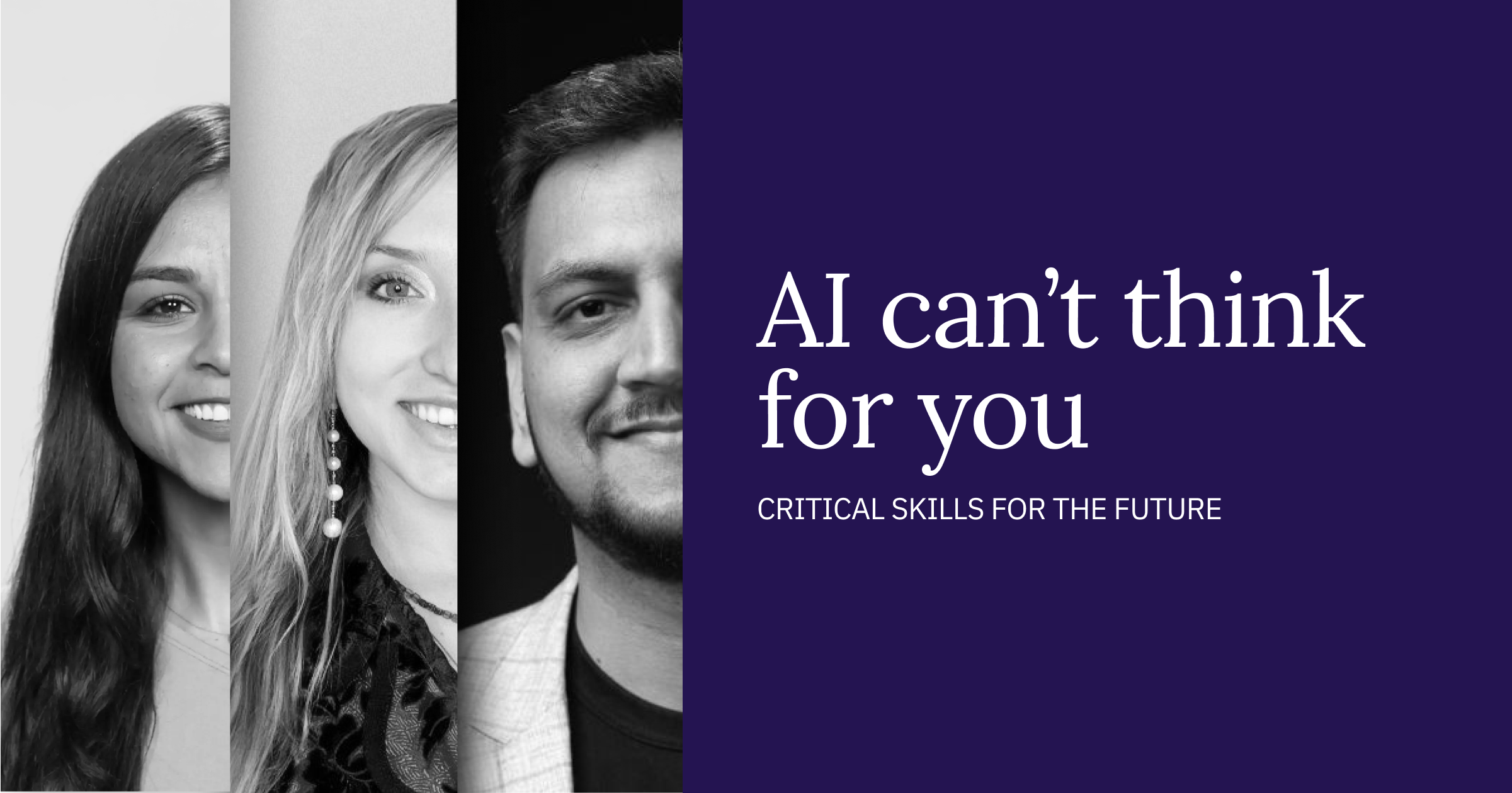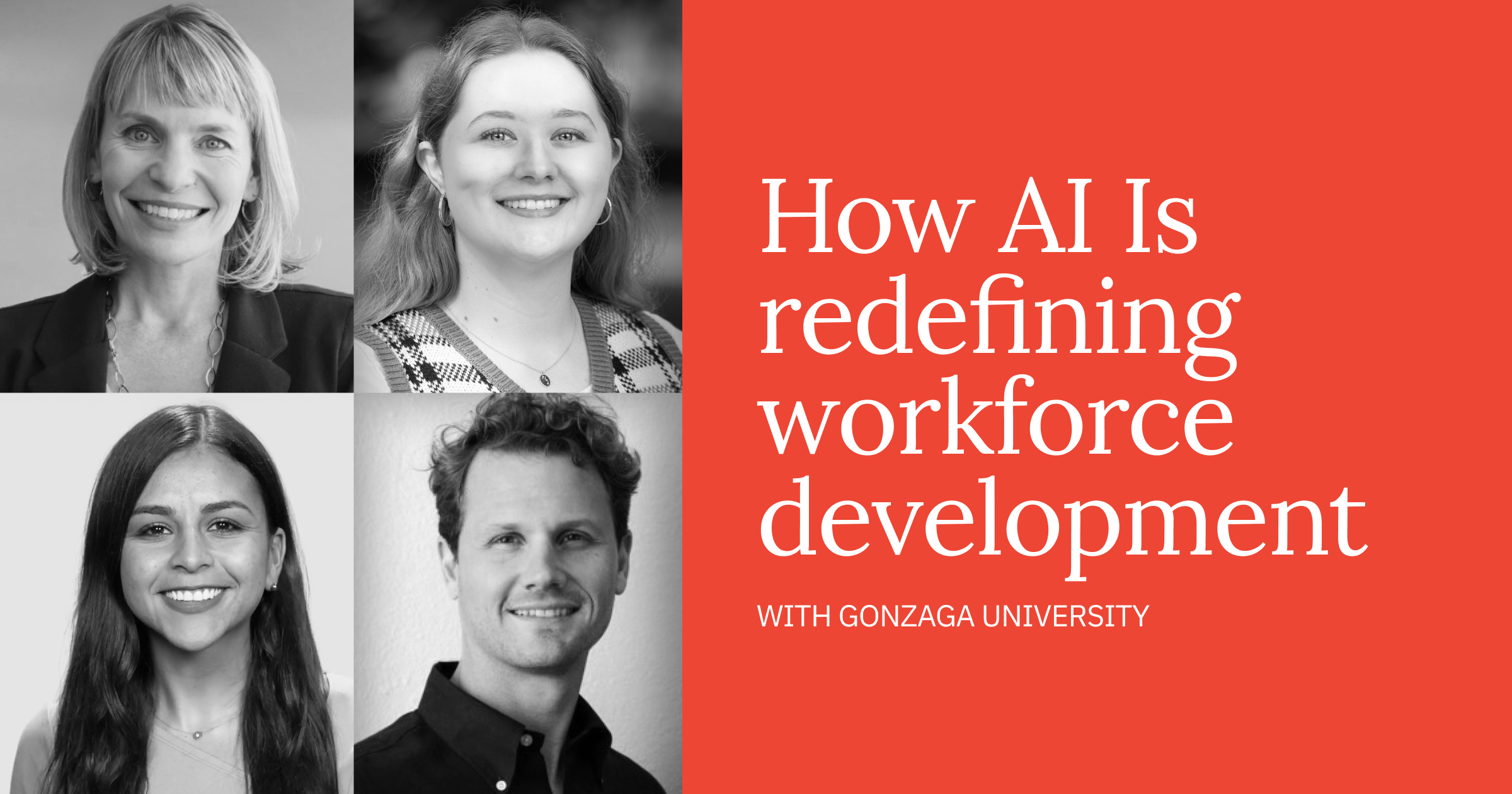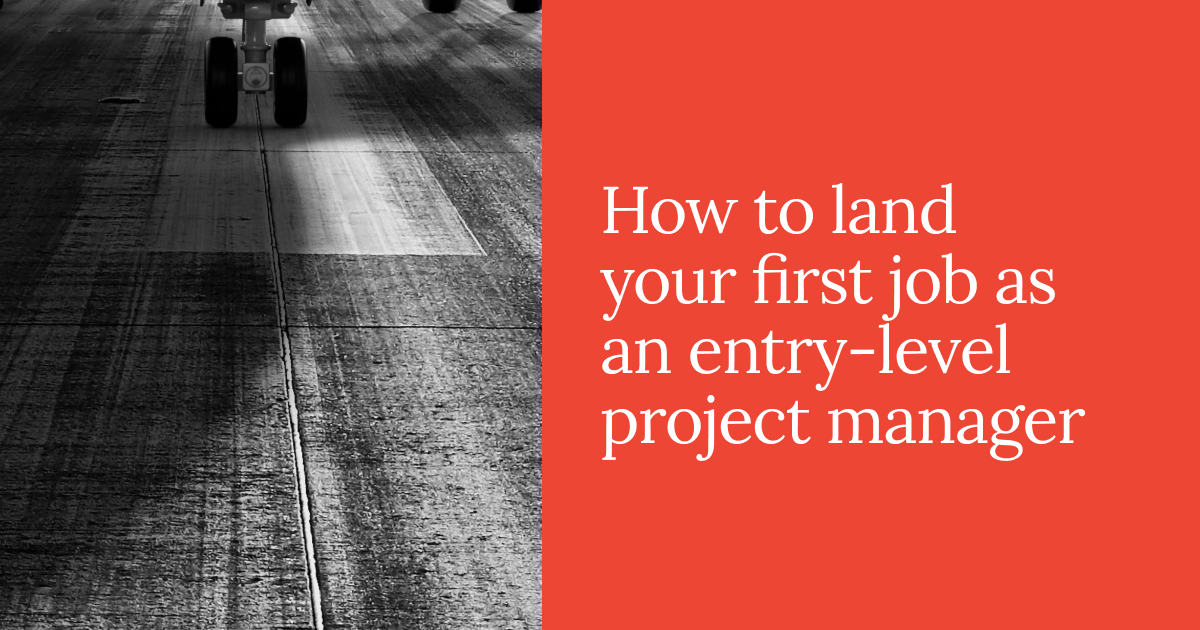
“The real risk isn’t AI. It’s forgetting to think for yourself.”
– Dipesh Jain, Vice President of Sales and Marketing, Magic Edtech.
Ziplines Education and Magic EdTech came together to discuss the recent trends of AI in education. During a recent episode of EdTech Connect, Dipesh Jain, the Vice President of Sales and Marketing at Magic EdTech, and Dalia Abbas, the Senior Learning Experience Designer at Ziplines Education, shed some light on the shifting skill landscape AI has created, which has sparked a quiet crisis of critical thinking that goes deeper than tech trends. For mid-career professionals navigating through these rapid changes, this crisis is personal.
The divide: Who's being replaced, and who’s still needed
During the conversation, both Dalia and Dipesh reflected on how AI is quietly redrawing the lines between what used to be valued and what still is. It’s a divide that is becoming sharper every day.
Who’s being replaced?
Not long ago, being fast, precise, and reliable was what made you indispensable. If you create a clean deck, write a clear summary, or automate a task, it would make you stand out. Those were valuable skills.
However, now AI handles those tasks with impressive speed and accuracy. The same capabilities that once gave professionals an edge are becoming part of the baseline.
As Dipesh noted, “The real risk isn’t AI. It’s forgetting to think for yourself.”
Who’s still needed?
The professionals who remain in demand are those who try to work alongside AI. They carry the right intent and the right mindset.
They’re often asking different questions than “Is this right?” Now what they look for is “Is this aligned with how I think?” or “Would I trust this decision if I hadn’t made it?”
They refine what AI provides. They add what only experience and context can bring. As the workplace shifts, it’s about doing more, it’s about thinking better. Just keeping up with the pace of AI is definitely not going to work in this day and age. The ability to utilize AI effectively and create actionable results is what will keep professionals competitive in the new job market.
What AI can’t teach you: The new skillset to focus on
Even as tools evolve, some abilities remain uniquely human.
Taste helps you distinguish between what’s simply acceptable and what truly resonates.
Empathy allows you to read situations, understand people, and communicate with care.
Curiosity keeps you asking questions that lead to better answers, not just faster ones.
These soft skills are becoming more valuable as AI becomes more present in the workplace.
Recent studies support this shift. A report featured in the World Economic Forum found that employers are placing renewed importance on human skills like communication, collaboration, and empathy as technical tasks get automated. Meanwhile, Microsoft and Carnegie Mellon researchers found that over-reliance on AI tools can reduce our own confidence and engagement in critical thinking, especially among knowledge workers.
In short, AI can optimize information, but it can’t lead to structured reasoning or ethical decision-making.
Critical thinking: One thing AI can’t automate
There’s a difference between generating output and making sense of it. That’s where critical thinking still holds its ground.
Both Dalia and Dipesh pointed to the risk of letting AI take over the work and also the thought process behind it. When that happens, professionals may get results, but they lose sight of whether those results are accurate or even aligned with the original goal.
An example is the process of competitive research. AI can pull data and summarize strategies, but it won’t know which insight actually matters for your audience or business context. It can’t tell you what to question or which gaps are worth exploring.
That work still relies on logic and judgment. These skills are developed over time, through reflection and real-world experience.
Another example is the ability to use AI as a thought partner and not just as a shortcut. In her role, Dalia shared how she’s started using AI as a co-editor. She doesn’t rely on it to do the thinking, but uses it to test and improve what she’s already shaped herself.
This approach helps her sharpen her ideas and not replace them, which is a strategy others should adopt in their AI usage. Instead of skipping the process, she enhances it with feedback, turning AI into a sounding board, not a solution.
For mid-career professionals, strengthening these habits is what turns tools into outcomes.
Your brain is still the best algorithm
AI can help with many things. It can assist, accelerate, and enhance. But it can’t replace personal insight, lived experience, or thoughtful judgment.
As AI becomes more present in our work, the people who stand out won’t necessarily be the quickest. They’ll be the ones who kept asking better questions and the ones who brought their whole perspective to the table.
Catch the full discussion between Ziplines Education and Magic EdTech, which dives deeper into what real AI readiness really looks like in the era of AI.




